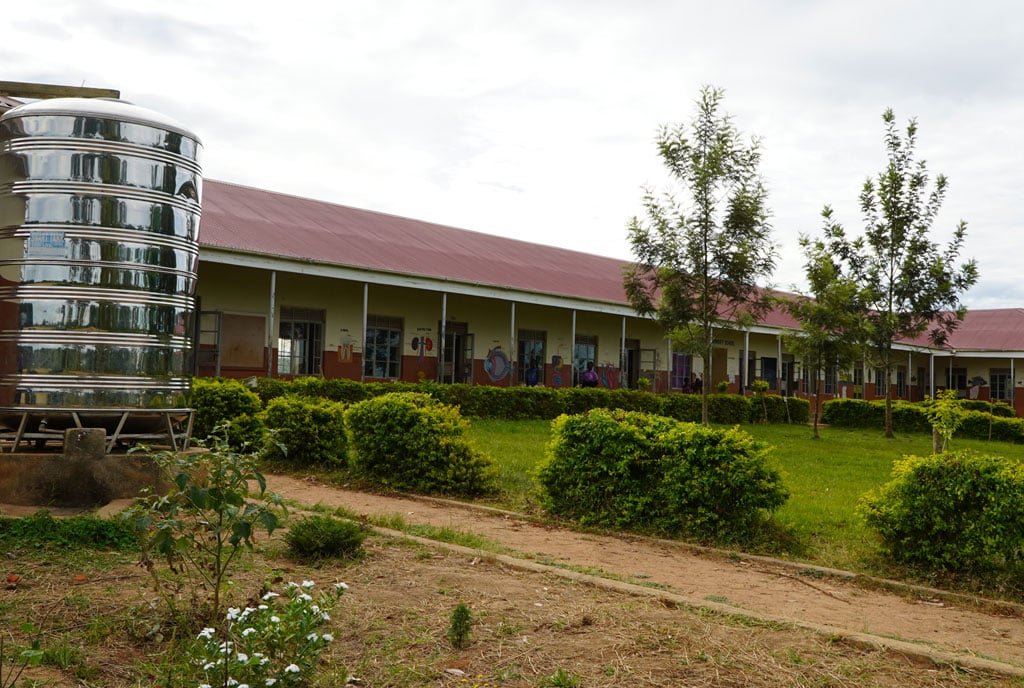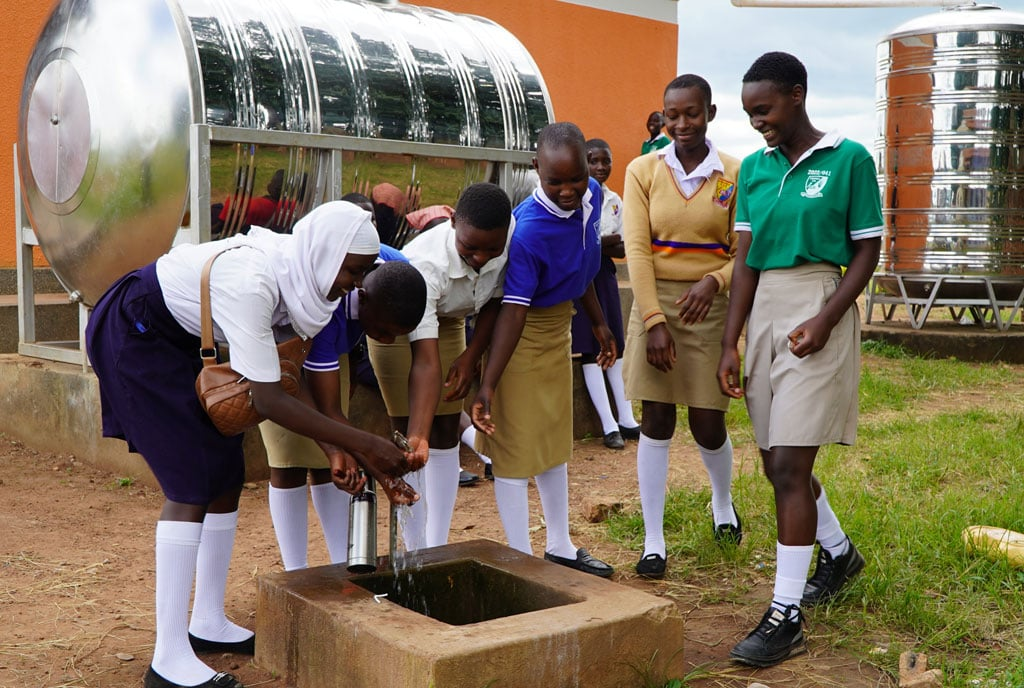Improved Performance in Refugee Hosting Communities: DRDIP’s Impact on Education Infrastructure in Uganda

Under the Office of the Prime Minister, DRDIP has significantly improved the infrastructure of schools, leading to enhanced enrollment, retention, and academic performance. The provision of upgraded facilities, such as segregated latrines with changing rooms for girls and classrooms equipped with water and lighting, has created a conducive learning environment. DRDIPaims to enhance access to social services, economic opportunities, and environmental management for refugee hosting communities in Uganda and other participating countries.

In Uganda, DRDIP is a flagship government of Uganda project being implemented under the Office of the Prime Minister. It was 19th century French poet, Alfred Mercier who held that, “what we learn with pleasure we never forget”. Indeed, learning in a pleasant environment boosts learners’ understanding, motivates teachers, enhancing better outputs and improved learning outcomes.
This is undoubtedly why schools whose infrastructure were upgraded by the Office of the Prime Ministers’, Development Response to Displacement Impacts Project (DRDIP) have recorded remarkable strides around learners’ enrollment, retention and academic performance in national level examinations.
At Rwamwanja Primary School in Kamwenge District where the project constructed three blocks to house: six classrooms, offices and staffroom, the enrollment shot up from 2,135 (1,186 boys, 949 girls) in 2018 before intervention to currently 3,932 (1,940boys, 1,992 girls), a screaming 84 percent growth. Special to note is the exponential progression in girl child enrollment and retention which exploded by 110 percent surpassing that of the boy child. Located in the refugee settlement, Rwamwanja Primary School serves both refugee children and those from host communities with the former accounting for 90 percent of the school’s total enrollment.

Annet Kezabu, the school head teacher, says the number of girls went up as a result of sanitary facilities that came along with the classroom blocks.
“A 15-stance latrine, well segregated to carter for; girls, boys, children with disabilities and teachers were constructed,” she says. The girls’ latrine is fitted with changing rooms and an incinerator making it hygienic and convenient for girls undergoing menstrual periods. “This attracted more girls to the school,” she adds.
Rainwater harvesting, lighting facilities, environmental and social safeguards through greening are part of the DRDIP package for refurbished schools.
In Kyegegwa District, Kazinga Primary School has been nicknamed, ‘university’ by the locals owing to the shift in its look after the intervention.
Sylvia Kunhiira Atenyi who has three daughters in the school says the school was deserted because there was not enough space for learners, let alone the ugly structures that needed urgent renovation.
“It was not safe for girls as latrines were not enough and not clean. Now it is a university you can see for yourself,” Kunhiira says.
Today, 15-year-old Elizabeth Kabazunga is sure of passing PLE in grade one this year.
“We have water at school, nice classrooms here and the school environment created makes it easy for us to concentrate in class,” she says.
The District Education Officer, John Kisoke notes that DRDIP’s work in the education sector tremendously narrowed gaps around; classroom to pupils’ ratio, desks to pupils’ ratio, latrines to pupils’ ratio thus’ remarkably improving education quality in refugee hosting districts.
The evaluation further found out that “only 1,147 classrooms existed before DRDIP intervention but have since increased by 983 making 2,130 classrooms. A total of 555 water tanks were added to the existing 147 and the number of classroom desks went up from 17,806 to 23,591. Latrine stances increased from 1,405 to 3,102 to-date. “This has boosted proper hygiene and sanitation in the project-supported schools for both learners and teachers, improving the teaching and learning environment”.
DRDIP is a regional programme funded by the World Bank to address the effects of hosting refugees in, Uganda, Ethiopia, Djibouti and Kenya. Its overall objective is to improve access to basic social services, expand economic opportunities and enhance environmental management for refugee hosting communities.







